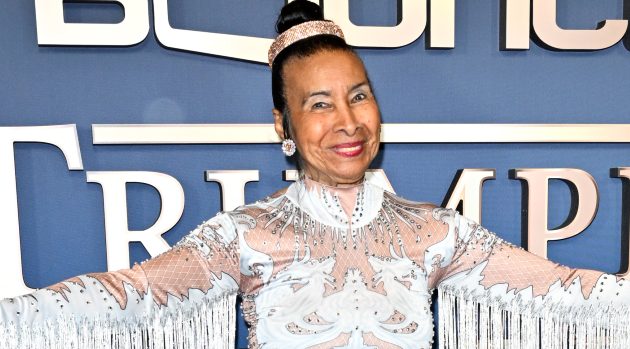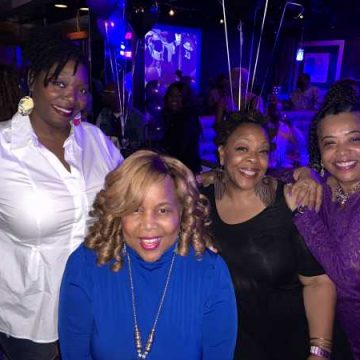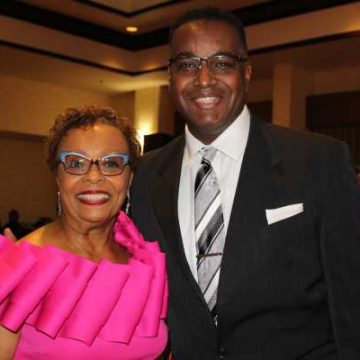
Xernona Clayton‘s entrance onto the blue carpet of the 2022 Trumpet Awards in April was quiet but grand, similar to her humble recollection of the history-rich 91 years of her life. Though welcoming of questions about her mission as the creator of the Black awards show, Clayton was eager to delve into her career and life story beyond the Trumpets. Ahead of the 30th annual Trumpet Awards airing on Juneteenth, ABC Audio spoke with Clayton about her humanitarianism.
“I think I’ve done some things that were momentous but people always pick out the Trumpets,” Clayton said jokingly via Zoom call from her home in Atlanta. “Everything else has kind of been forgotten. But that’s OK.”
Born Xernona Brewster on August 30, 1930, Clayton was raised in the segregated small town of Muskogee, Oklahoma, by her part-Indian mother and Black father. She grew up to become an integral leader of the civil rights movement.
Clayton investigated employment discrimination with the National Urban League; became the first Black person in the South to host a prime-time television talk show; and was good friends with Dr. Martin Luther King Jr. and his wife, Coretta Scott King.
“I’ve fulfilled commitments through the work of Dr. King, and I became an integral part of the organization,” she said of her time working at the Southern Christian Leadership Conference in Atlanta.
Clayton and her late first husband, Ed Clayton, the Jet Magazine editor who stopped the presses to put Emmett Till‘s bludgeoned photo on the cover, relocated to Atlanta at the request of the Kings in 1965. She says they “trusted me implicitly” to do the civil and social work.
In 1968, Clayton drove King to the Atlanta airport ahead of his flight to Memphis, two days before his assassination. She tells people of their close relationship, “Once I met him and went to work for him, I stayed with him to the end, literally.”
She once got a key member of the Ku Klux Klan to renounce the white supremacist organization. She was also the driving force behind the International Civil Rights Walk of Fame. For more than 50 years, her profound accomplishments have contributed to the advancement of America’s promise of liberty and justice for all.
While she couldn’t quite articulate what legacy she hopes to leave behind, she did offer a piece of advice: “Don’t occupy space on Earth as your contribution, do something.”
Copyright © 2022, ABC Audio. All rights reserved.
 Now Playing
Now Playing

















